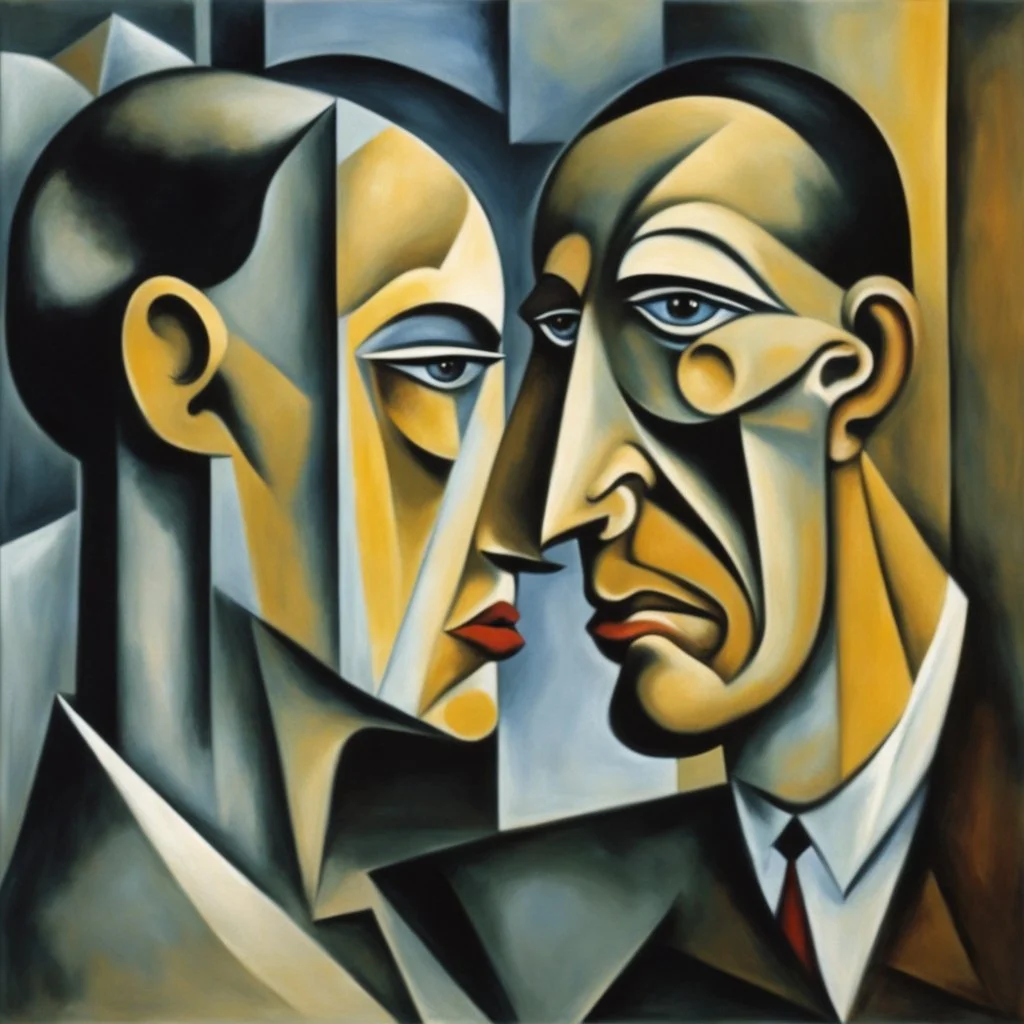Nietzsche, Germany, and the 19th century, with Martin Ruehl
In this episode, we interview Professor Martin Ruehl on the philosopher and philologist Friederich Nietzsche (1844-1900), as well as the wider academic culture of the 19th century. What role did Protestantism and nationalism play in the creation of a so-called ‘German’ philosophy? How did the German experience of modernity culture a feeling of “Faustian audacity”? How should we relate Nietzsche’s writing to the intellectual culture of 19th century Germany? And what, if anything, remains useful in Nietzsche for us today?




